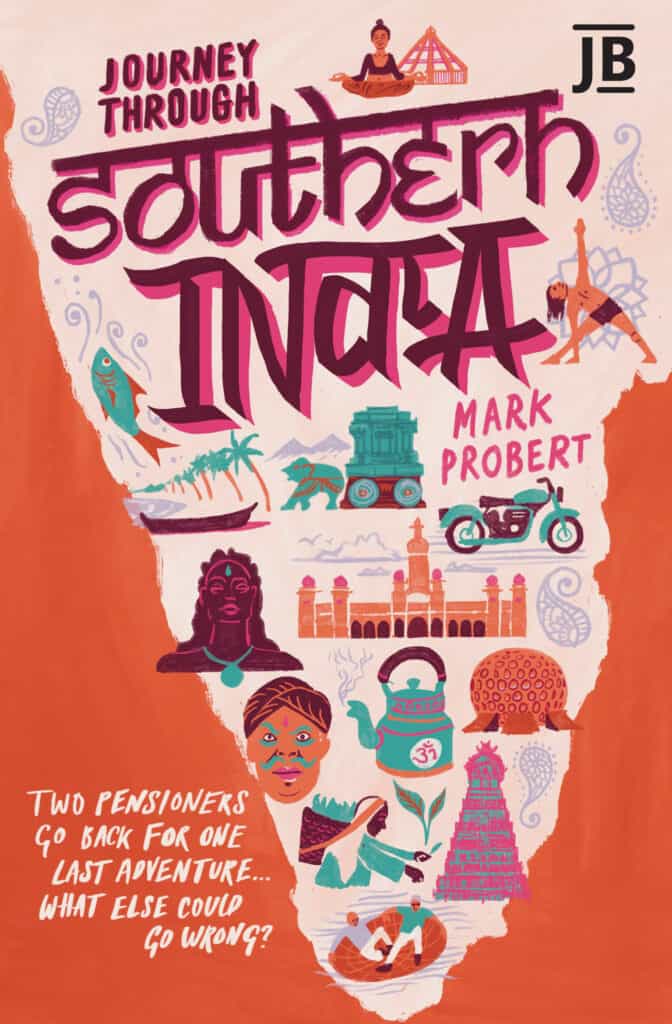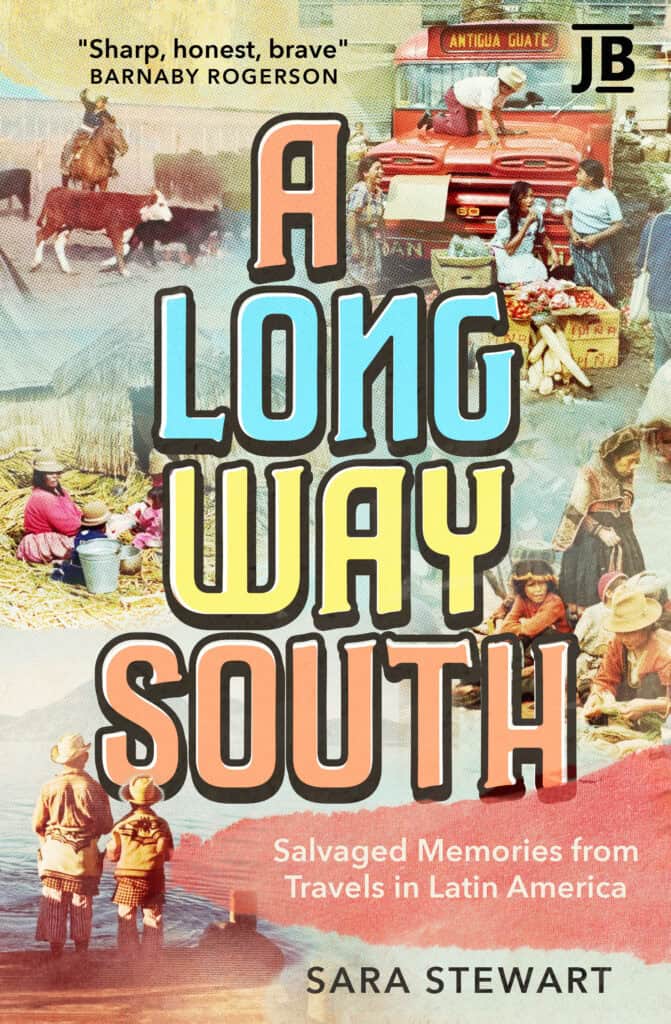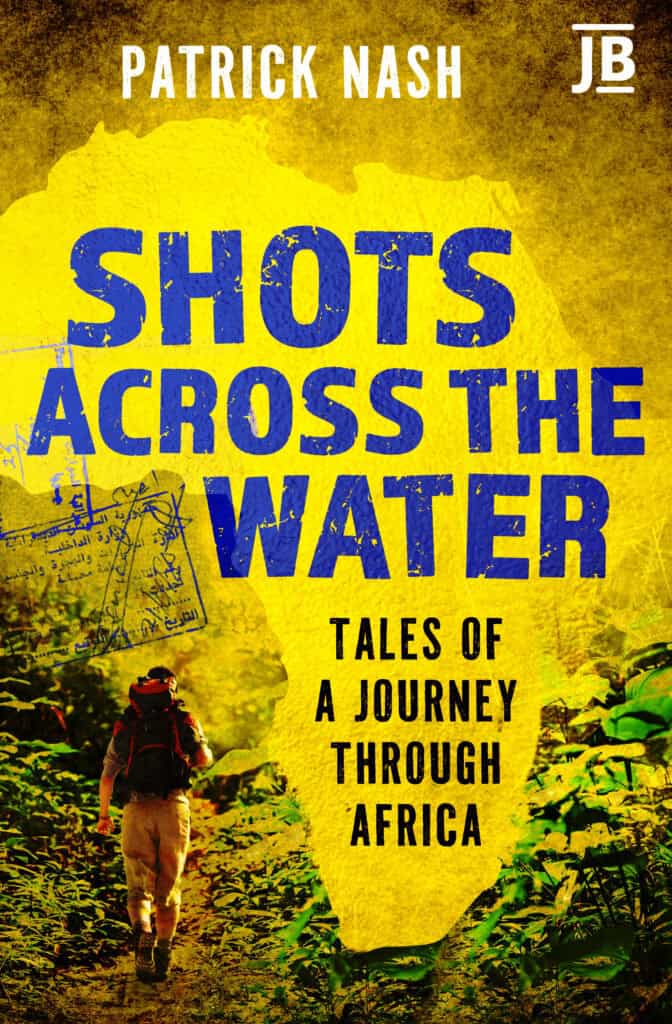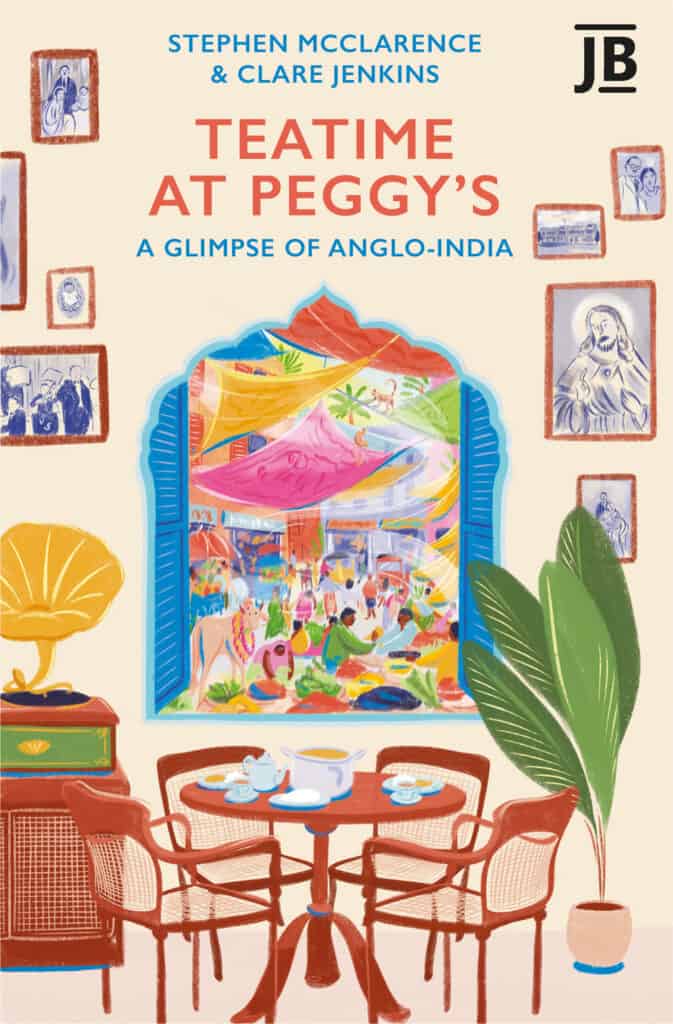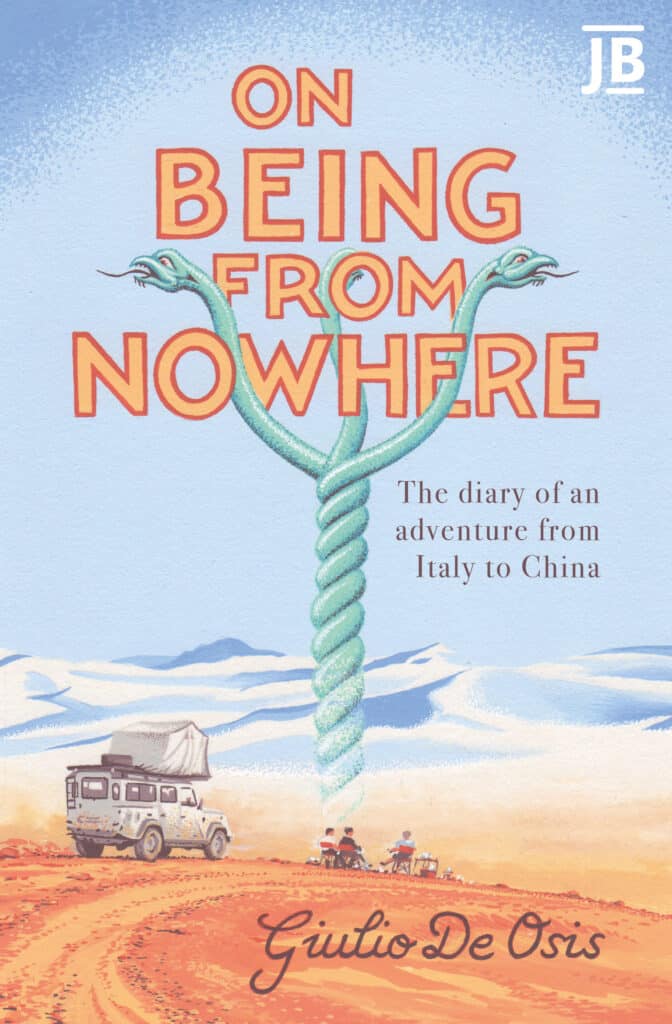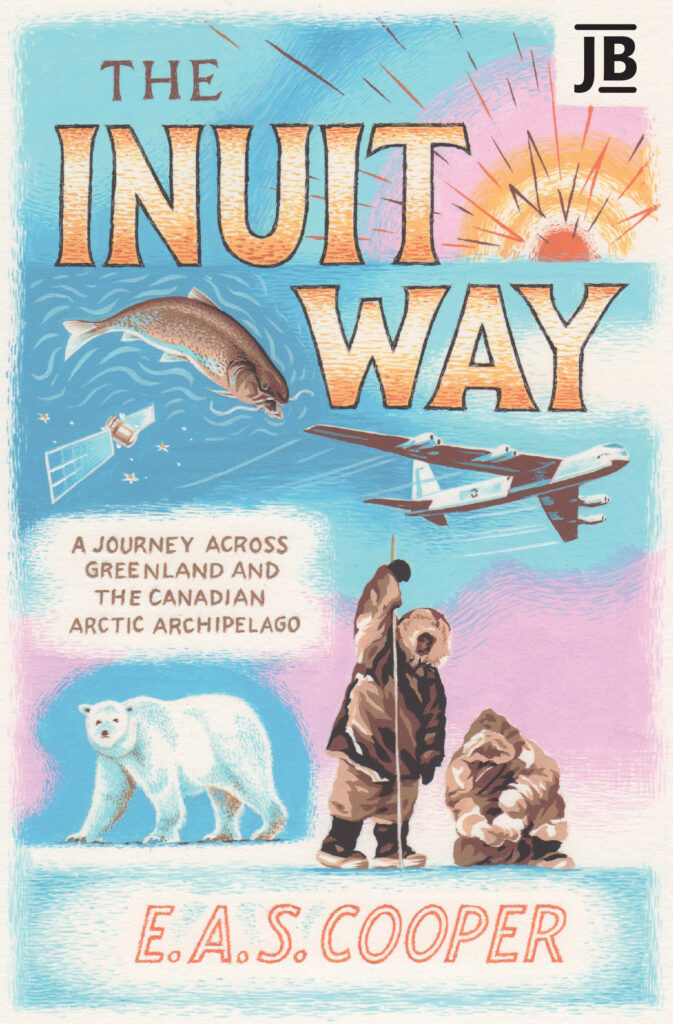It’s a question everyone who works in publishing, at any level, is routinely asked, by friends, family, people at parties, strangers on the bus… Could I pick your brains for a moment on how to get published? I’ve written/started/got an idea for a book and I’m not quite sure what to do next...
So here at Bradt guides we’ve pulled together our best tips and suggestions from publishing careers totalling more years than any of us are prepared to divulge. Most of it is common sense, all of it is available elsewhere, but we hope you find it useful.
This article assumes you have a travel book to pitch, but the tips and advice are relevant to almost any kind of book, fiction or non-fiction, aimed at a general readership. It also assumes you live in the UK – various companies mentioned are British ones – but the principles apply wherever you’re based.
Bradt staff from various departments – editorial, sales and marketing – contributed their views. We’re not unbiased – we all work for an independent travel publisher based in the UK, and we’ve just launched a new contract publishing imprint which we’re very proud of. But we’ve tried to be as neutral and as helpful as possible with our advice on how to get published.
What’s the traditional publishing route? How do I submit my work to a publisher?
Submission guidelines vary from publisher to publisher, so always check the websites of those you want to approach. Usually you’ll send a synopsis (giving a succinct description of the book – it can be useful to think of it as writing a cover blurb), a chapter breakdown (providing a few lines about what each chapter will contain), and a couple of sample chapters.
Your covering email should give relevant background, including details of previous writing, an explanation of why you believe this book would have a market, and any additional advantages you bring as an author (for example, a strong social media following or access to certain groups that might be interested in the book).
What are the most common pitfalls?
- Pitching the wrong book to the wrong publisher. Have a good look at a publisher’s list before you make a submission and ask yourself honestly where your book would fit on that list. Don’t pitch a poetry book to a travel publisher! Please.
- Submissions littered with spelling and grammatical mistakes. The odd typo is perfectly acceptable in an unedited manuscript, but if your book – and particularly your covering letter – are full of errors, it will create a bad impression. Remember, your first reader at any publisher is likely to be a grammar geek who will physically wince every time you confuse ‘it’s’ with ‘its’.
- Not following the guidelines. The process is similar for most publishers, but the detail will vary. Read the guidelines and adjust your approach accordingly.
Do I need an agent?
Most large publishers only accept submissions from agents, but there are some notable exceptions, and smaller, independent publishers often welcome relevant submissions direct from authors. We do. Our submissions page is here.
You can find a list of agents in the Writer’s & Artists’ Yearbook. The advice for submitting to agents is the same as for pitching to publishers. Read the guidelines, and follow them.
Should I pay a publisher or agent to read my work?
No. Never. This is much less of a problem than it used to be, but if an agent or publisher ever suggests a ‘reading fee’ to you, loud alarm bells should sound.
Should I pay an editor to assess my work before submitting it?
Possibly. If your manuscript is accepted by a publisher, they will organise the various editorial stages, so normally you shouldn’t have to pay for any editorial work. But if you’re someone with a great story to tell who isn’t a natural writer, it may be worth working with a freelance copy-editor prior to submission. A good copy-editor won’t just tidy up ‘its’ and ‘it’s’ (though they’ll do that too), they’ll work with you on all aspects of the book; indeed they’ll coach you through how to get published.
What are the pros and cons of self-publishing?
It’s never been easier to self-publish a book, either as an ebook or print-on-demand with Amazon, or as a short-run digital printing, and there have been some spectacular self-publishing success stories in recent years. This is both a pro and a con. Because it’s so easy, you can definitely do it. But because it’s so easy, everyone else can do it too. Hundreds of thousands of books are self-published each year, the great majority of which are very low quality, and so making your book stand out is a challenge.
The chief advantages are you retain complete control of your project, and if it’s a success you will maximise your returns. The disadvantage is you’re not just the author, you have to do everything else yourself too: cover design, editing, production, sales and marketing, as well as some behind-the-scenes functions you might not be aware of such as producing effective metadata, sourcing ISBNs etc. Information on all this is readily available, and none of it is rocket science, but it’s a lot to take on.
A traditional publisher will typically spend £5000-10,000 bringing a book to market, sometimes considerably more (especially if it’s an illustrated hardback). If you’re spending much less than that on cover design, editorial etc, you’re almost certainly short-changing yourself.
What is contract or joint-venture publishing?
Contract or joint-venture publishing is where the author contributes all or part of the production costs in return for a higher cut of sales revenues. So instead of the publisher taking all the financial risk (traditional publishing) or the author taking all the risk (self-publishing), it is split between them.
We launched Journey Books as a ‘third way’ between traditional and self-publishing. It’s not the only model like this available, but we believe it offers a unique combination of services, especially (but not exclusively) for travel writers.
Essentially, under this model, authors buy professional publishing services from us – editorial, design, production, bibliographic (but not sales or marketing). You can opt for a private printing, where an agreed quantity of books is shipped to you, or a trade printing, where you have access to our worldwide distribution network.
Journey Books was launched in August 2020, and there is a special introductory price available to any author who makes an initial enquiry before the end of September. More information here.
What type of book is suitable for contract publishing?
They fall into three main categories.
- Authors who want a professionally produced book to give away to family and friends, or sell directly themselves
- Authors who want a book available for sale in their local bookshop and on Amazon, and are confident of driving sales through their own networks
- Authors who want access to a publisher’s editorial and production expertise and distribution infrastructure, but don’t require sales or marketing functions. This might suit an author who has a strong route to a niche audience themselves.
Every year we see a number of submissions that we think are very worthwhile but we can’t find a place for them on our very limited commercial list. This model allows us to work with those authors to make their book a reality.
Is contract publishing suitable for established authors as well as first-timers?
Absolutely. In fact, several of our early enquiries into how to get published with Journey Books – and a couple of sign-ups – have come from established authors who fall into the third group above.
How can I sell and market a self-published or contract-published book?
It will depend enormously on the scope and subject matter of your book. But whatever your book is about, your local bookshop should be happy to talk to you. If it’s an independent bookshop the manager will likely have complete discretion over what they stock.
At a branch of Waterstones local staff will need to refer any new lines to their head office for approval. WH Smith’s high street shops used to have a very strong local offering. That’s less true now, but it may still be worth approaching your local branch of Smith’s. Again, any decision will need to be approved by their head office.
If you publish your book with Journey Books, all bookshops and book wholesalers in the country have an account with our distributor, so this barrier is removed. If you’ve self-published your book, your best route is probably to approach Gardners Books, the UK’s leading book wholesaler, to sell your book for you.
As for marketing, there is a wealth of advice available online about digital marketing. If your book is aimed at any kind of definable niche, you should be able to reach that market with a little research, without needing any specialist technical or marketing knowhow. If it’s a memoir or a personal travelogue then your network of friends and acquaintances is your ‘definable niche’ – and you’ll know how to reach them! Local newspapers, radio stations, blogs and podcasts are very often interested in local authors, particularly those with a local or personal story to tell.
If you genuinely think your book has broad, national appeal you might want to consider employing a freelance publicist to approach the national press, radio stations and relevant magazines, but it’s worth having a good, hard think about what your goals are. An effective book PR campaign by an experienced publicist is likely to cost a few thousand pounds – it’s a labour-intensive business following up emails and sending out review copies.
Books published under our contract publishing imprint
Any other advice on how to get published?
However you choose to publish your book, you’ll want it to be as good as possible. For expert tips on all aspects of travel writing, may we recommend the Travel Writer’s Way. Good luck!
